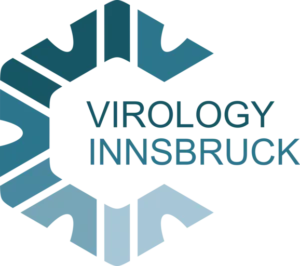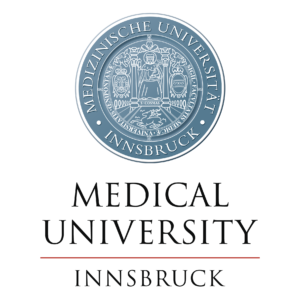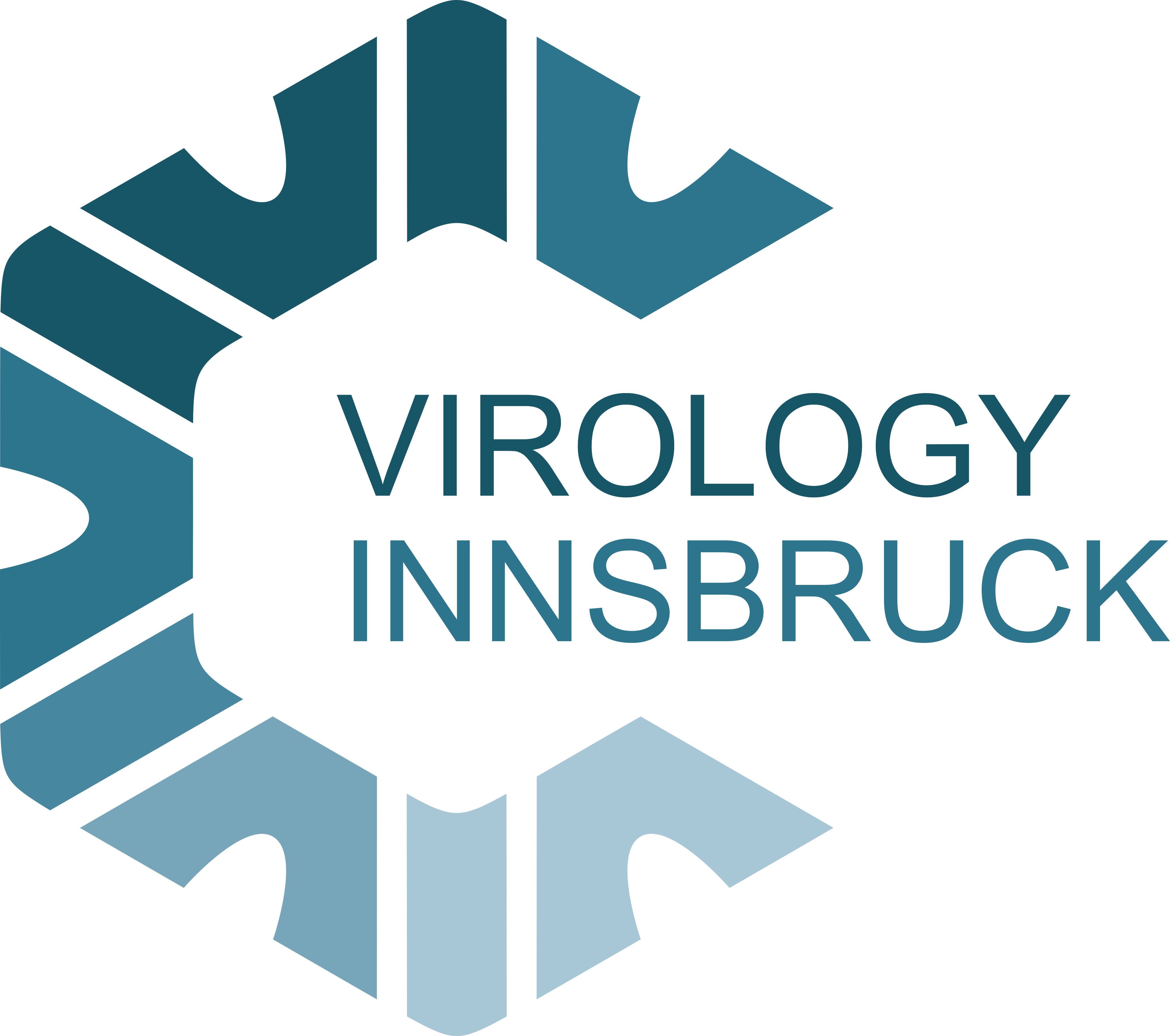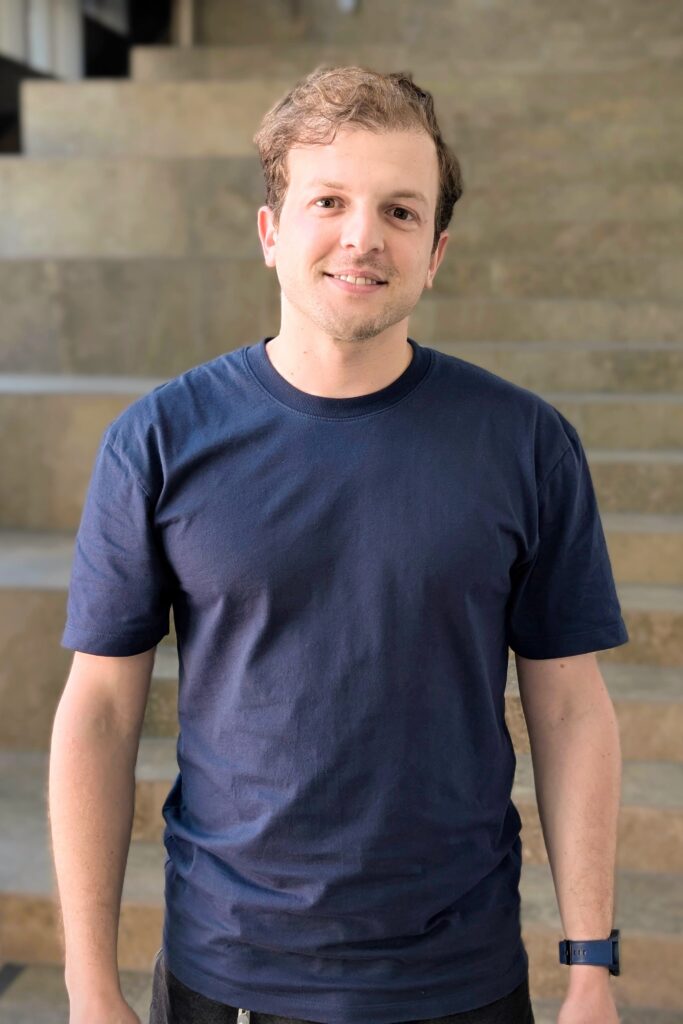September 2025
NewsletterSummary:
-
-
- RSV is the most common reason for hospitalizations among infants and young children in Austria – over 2,600 children aged 0 to 4 were hospitalized in the 2023/2024 season
- The monoclonal antibody Nirsevimab (Beyfortus) was introduced in Austria’s free children’s vaccination program in December 2024, providing approximately six months of protection against severe RSV disease
- Over 50% of eligible newborns and infants have already been immunized – efficacy shows a risk reduction of over 80%
- The Institute of Virology is launching a pilot project in the 2025/26 RSV season for genetic surveillance of RSV variants and potential resistance mutations
- Routine RSV diagnostics (RSV-PCR) are available daily – results within 24 hours for outpatient settings, 4 hours for inpatient care
-
Respiratory Syncytial Virus (RSV) is one of the leading causes of severe respiratory infections, particularly in infants and young children. Annually, approximately 33 million people become infected, resulting in 3.6 million hospitalizations and around 100,000 deaths, especially among children under 5 years of age. Children under 6 months account for about half of all hospitalizations and deaths.
In Austria, RSV remains the most common reason for hospitalizations among infants and young children. In the 2023/2024 season, over 2,600 children aged 0 to 4 years were hospitalized with lower respiratory tract RSV infections, with approximately 76% of hospitalized children under six months of age (SARI-Dashboard www.sari-dashboard.at). The introduction of preventive measures through active or passive immunization is therefore of great importance.
The monoclonal antibody (Mab) Nirsevimab was approved by the EMA in November 2022 and is available for all healthy newborns and infants under one year of age. It binds to a highly conserved epitope of the fusion protein (F-protein) of RSV types A and B, thereby blocking the virus from entering host cells (neutralizing activity). Clinical trials have demonstrated promising efficacy with a risk reduction of well over 80%.
In Austria, Nirsevimab (available under the name Beyfortus) was introduced into the free children’s vaccination program in December 2024. Immunization is administered as a single dose and provides immediate protection against severe RSV disease lasting approximately six months. According to preliminary data from the children’s hospital and the provincial health directorate, the program has been “well received” with over 50% of eligible infants immunized.
Whether the high efficacy demonstrated in clinical trials will be maintained in the future depends on the genetic stability of the target epitope. There is a possibility that widespread use of the newly introduced monoclonal antibody could lead to selection pressure and the emergence of resistance-relevant mutations. To detect the potential spread of escape variants, the widespread introduction of immunization must be accompanied by close monitoring.
In the upcoming RSV season (2025/26), the Institute of Virology is launching a pilot project in which RSV-positive samples from hospitalized patients as well as wastewater samples will be genetically analyzed. Particular attention will be paid to the emergence of mutations that could impair the efficacy of the monoclonal antibody and thus promote breakthrough infections.
While the sequencing conducted as part of this study has no direct diagnostic relevance for individual patients, it is of central importance for public health services in evaluating the immunization program and its long-term success.
We will, of course, continue to inform you about all relevant developments regarding genetic variants in our newsletters.
Routine RSV diagnostics (RSV-PCR) are performed daily in our laboratory and are covered by health insurance. For outpatient settings, results are transmitted within 24 hours. For inpatient care, our point-of-care multiplex assay is used, and results are transmitted within 4 hours of sample receipt.
We thank you for the pleasant and successful collaboration.
“If desired, we are happy to arrange sample pickup directly from your practice. Please let us know if you would like to use this service.”
Dr.med.univ. Habib Badreddine Benainouna
habib.benainouna@i-med.ac.at
+43 512 9003 71713



